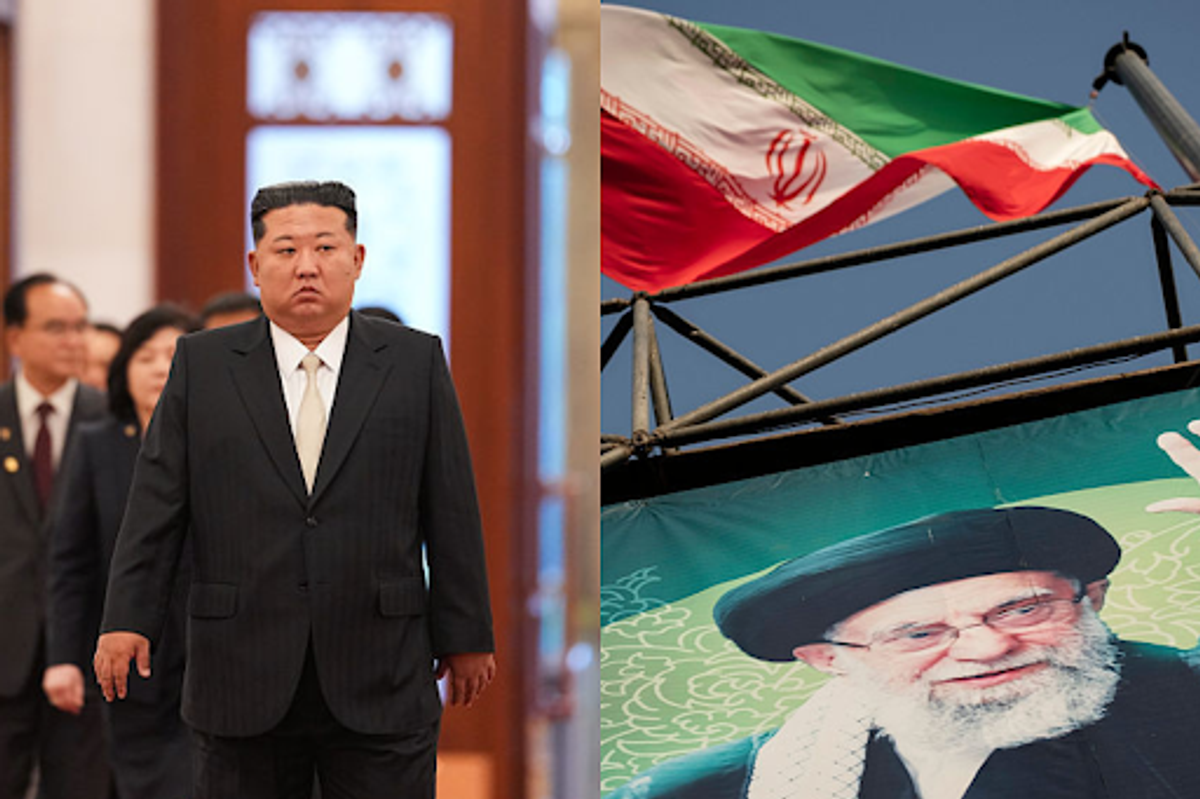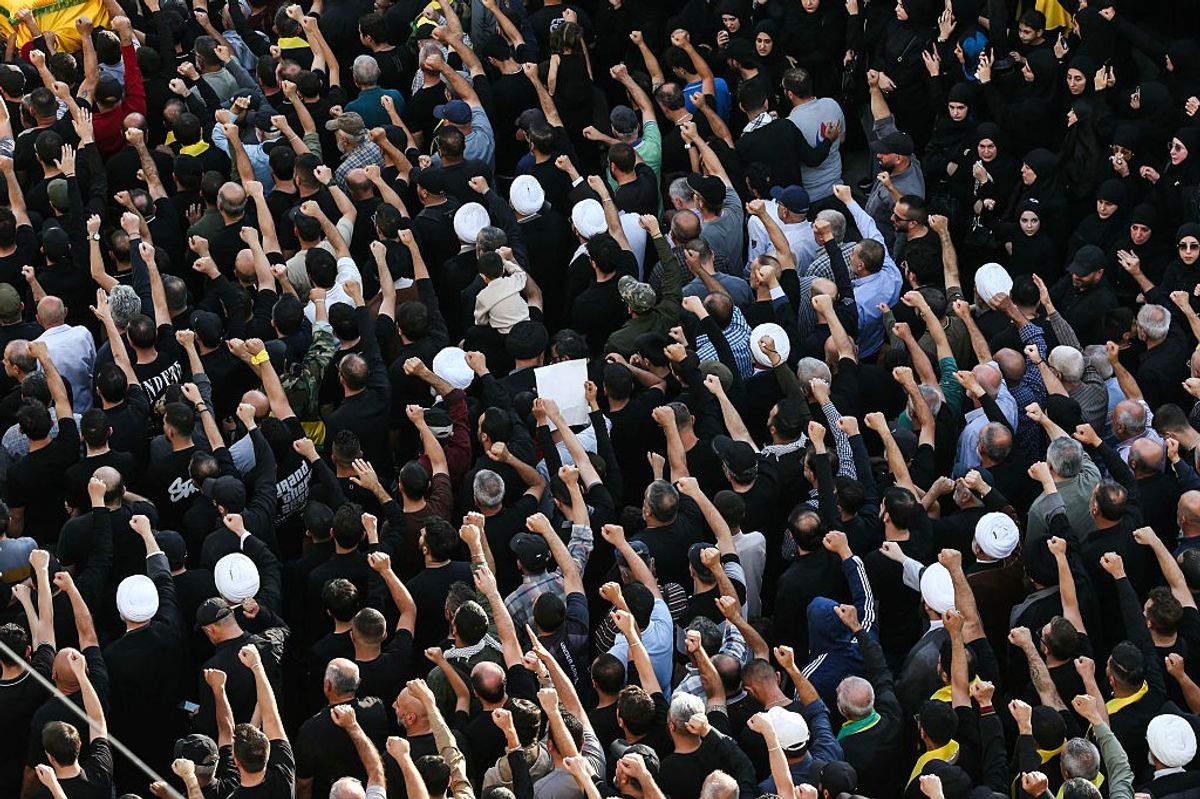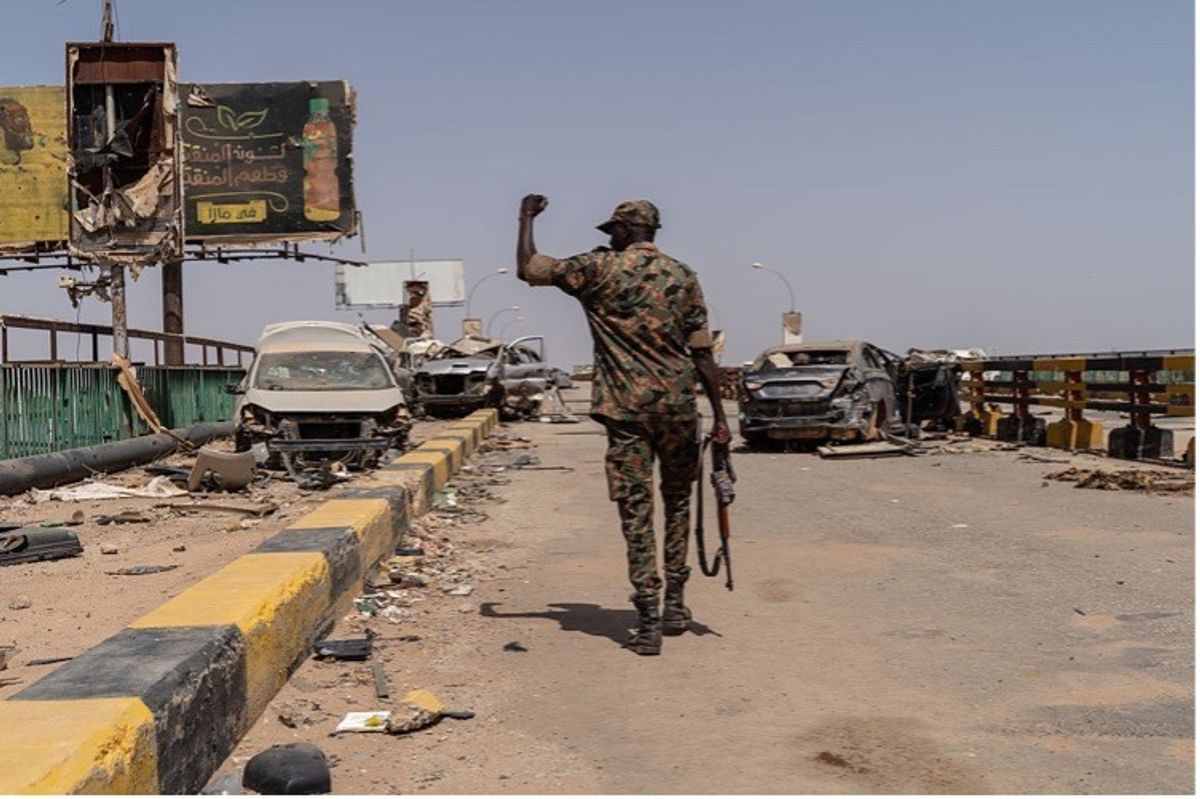OPINION — For more than three decades, Oman has served in the role of mediator for the resolution of disputes in Yemen. This began after north and south Yemen unified in the early 1990s, and then Yemen and Oman officially demarcated the contested border between the two countries. Today, however, there is good reason to question whether Oman is in fact a neutral arbiter and whether its current role in the Yemeni arena promotes regional stability.
Oman allows for a Houthi office in the capital, Muscat, reportedly numbering around 100 personnel, to operate from its territory for the purported function of diplomatic engagement. It is worth asking why the Houthis require such a large delegation for such limited engagement and whether there is any real value to engaging with the Houthis. Thus far, efforts to negotiate with the Houthis have yielded very limited outcomes, primarily resulting in concessions from the Saudi-led coalition and partial de-escalation when it has served the terror group’s interests. Rarely, if ever, have the Houthis fully abided by their commitments after signing off on international agreements. Presumably, such meager results could have been achieved through other constellations that are less beneficial to the recently redesignated foreign terrorist organization.
In contrast, the malign and destabilizing Houthi activities in Oman are significant. They include: shipment of Iranian and Chinese weapons components military-grade communications equipment via Oman to the Houthis; the smuggling of senior officials in and out of Houthi-controlled areas via Oman; and financial activities conducted by Houthi shell corporations to consolidate the regime’s control over Yemen’s economy and subsidize the regime.
The most prominent individuals in the Houthi offices in Muscat have rightfully been sanctioned by the U.S. Department of the Treasury. This includes Houthi spokesman and de facto foreign minister Mohammed Abdulsalam. This supposed “diplomat” is in charge of an enormous empire of assets which have been confiscated by the regime, and his placement in Oman enables him to launder hundreds of millions of dollars of ill-gotten gains. Abdulsalam’s top deputies in Muscat are Abdelmalek al-Ejri and Ishaq al-Marwani. From their Omani offices, Abdulsalam, al-Ejri, and al-Marwani are involved in developing relations with the Houthi’s most dangerous enablers, including Iran and Hezbollah, as well as seeking to cultivate new relationships with rogue actors abroad.
Experts are gathering at The Cipher Brief’s NatSecEDGE conference June 5-6 in Austin, TX to talk about the future of war. Be a part of the conversation.
During President Trump’s second week in office, U.S. Rep. Joe Wilson (SC) publicly called to shut down the Houthi offices in Oman. The month prior, rumors abounded in Yemeni media that the Omanis were being pressured by the U.S. on this issue and that Houthi officials were preparing to depart from Muscat.
Therefore, it is not difficult to discern why in late January 2025 the Houthis were keen to release the 25 crew members of the Galaxy Leader cargo ship whom they had taken hostage in November 2023. According to the Houthis, the release of these hostages was “in support” of the Israel-Hamas ceasefire, and it was orchestrated by Oman. In practice, the release of hostages was a welcome and long overdue development, but it is not clear that this was connected in any way to the Israel-Hamas ceasefire (beyond approximate timing). None of those released were Israeli or Palestinian.
In fact, this was likely a Houthi initiative to dial down tensions with the West at a time of great uncertainty. With President Trump re-assuming office and the Iran-backed axis on its back foot after Israel’s defeat of Hezbollah and the collapse of the Assad regime in Syria, the Houthis likely calculated that they should seek to de-escalate conflict with the West, to reassess their strategic environment and recalibrate their provocative and dangerous behaviors.
Everyone needs a good nightcap. Ours happens to come in the form of a M-F newsletter that provides the best way to unwind while staying up to speed on national security. Sign up today.
The Houthis may have been concerned about the possibility of the Trump administration initiating a more comprehensive military campaign to weaken the group - as it appears to have begun in recent days - or increased pressure on the Houthis’ few allies to close down the group’s offices abroad and limit their activities. The rollback of Houthi activities abroad would have come at a particularly painful time for the group, as over the past two years they have either lost or significantly reduced their key offices in Damascus and Beirut. During this period, the group’s endeavors to develop stronger ties with countries like Russia appear to have yielded limited results.
Thus, it was no surprise that the Houthi gesture for de-escalation credited Oman, enabling the Sultanate to point to the achievements of its diplomacy vis-à-vis the Houthi office in Muscat. The day the Galaxy Leader crew was released, the Omani Foreign Ministry published a story with the headline “Oman secures release of crew of the ship Galaxy Leader.”
But like all Houthi diplomatic “concessions,” the release of the ship’s crew was a calculated step to advance the group’s own interests. The release of the crew reinforced a false impression in Western and Middle Eastern capitals that the Houthis could be productively engaged through diplomacy, and that the Houthi offices in Muscat were the appropriate address for such engagement. In the event of future pressure from Western capitals to close down the Houthi office in Muscat, the Omanis and Houthis will likely point to such gestures as justification for allowing it to remain open. Finally, it is worth noting that, according to Yemeni reports, transporting the Galaxy Leader hostages from Sanaa to Muscat (for their release) provided an opportunity to exfiltrate a dozen of Iran’s IRGC operatives from Yemen.
With this in mind, there is good reason to suspect that the Houthi presence in Oman does more harm than good. While their desire to maintain offices in Muscat likely pushed the Houthis to release 25 hostages, the office’s function as a channel for smuggling weapons, money, and people in and out of Yemen perpetuates the Houthi challenge to regional stability. Oman, for its part, may not be motivated only by its purported aspirations for peaceful mediation of the Yemen conflict, but also by the desire to counter-balance Riyadh’s dominance of the Arabian Peninsula by maintaining the Houthi thorn in the Saudi Arabia’s side.
The Cipher Brief is committed to publishing a range of perspectives on national security issues submitted by deeply experienced national security professionals.
Opinions expressed are those of the author and do not represent the views or opinions of The Cipher Brief.
Have a perspective to share based on your experience in the national security field? Send it to Editor@thecipherbrief.com for publication consideration.
Read more expert-driven national security insights, perspective and analysis in The Cipher Brief















